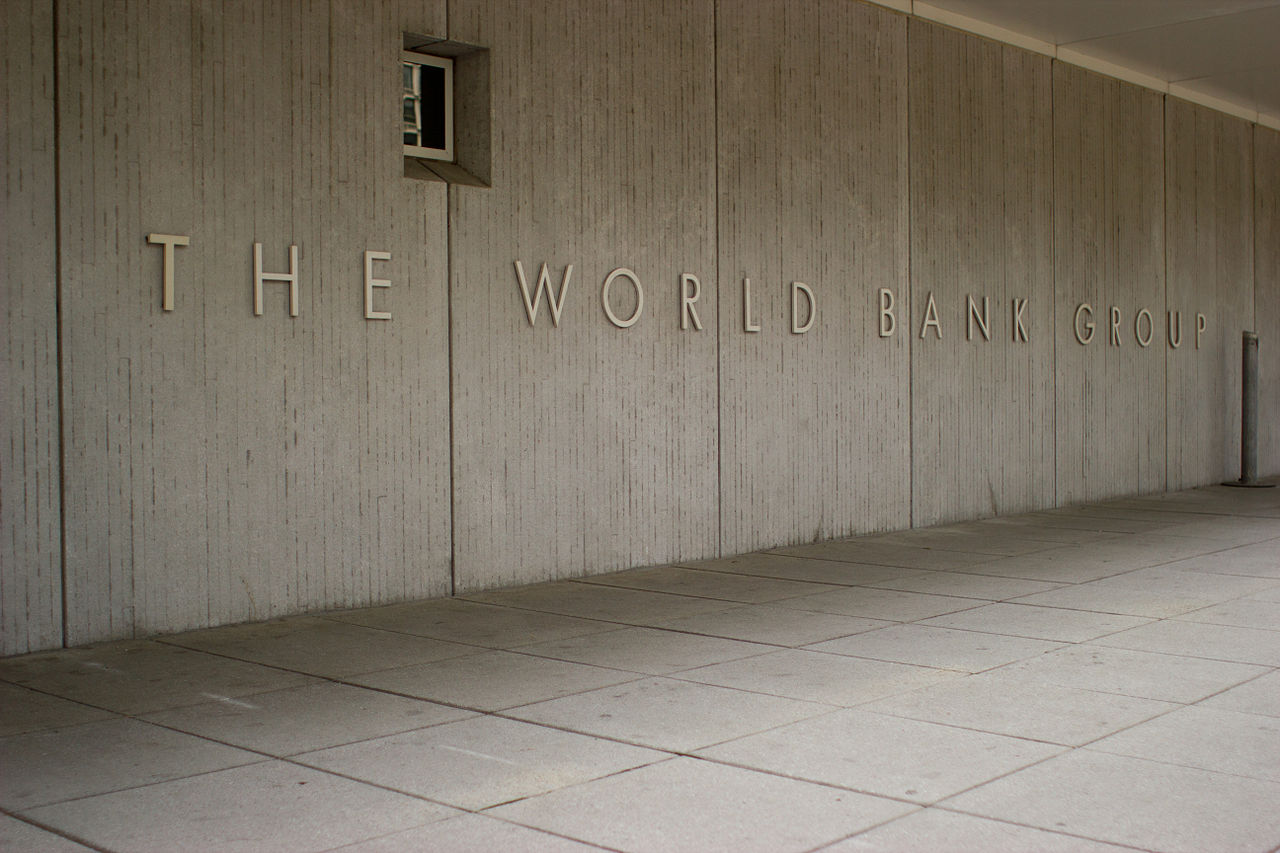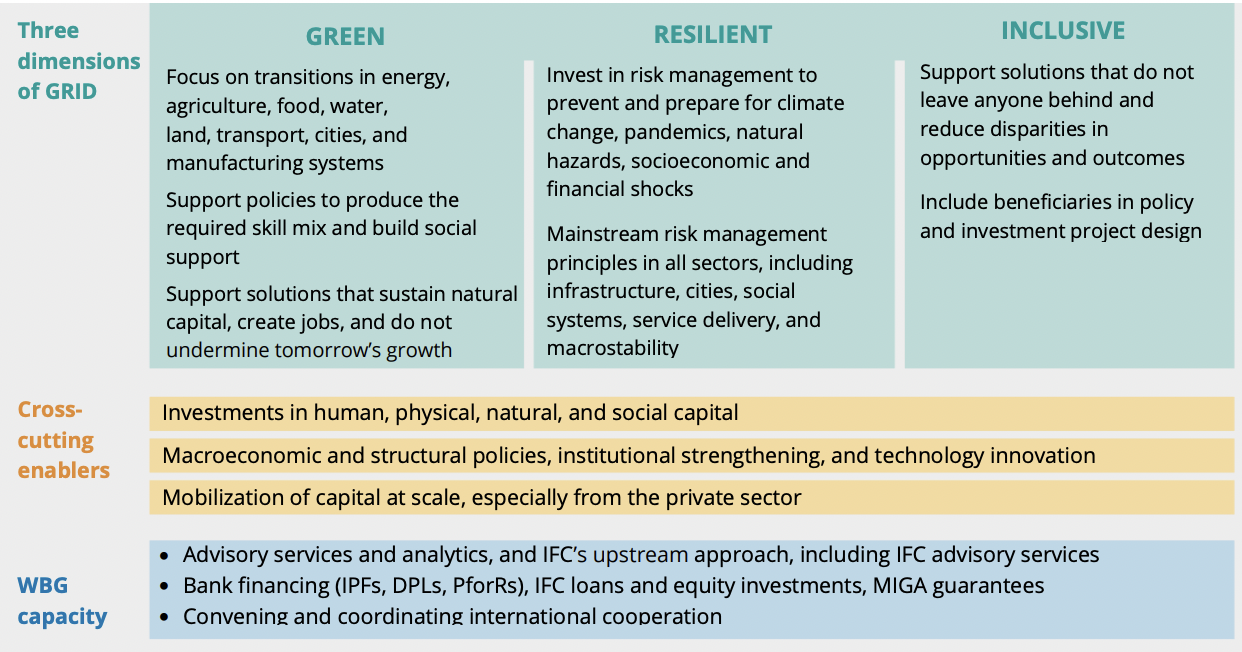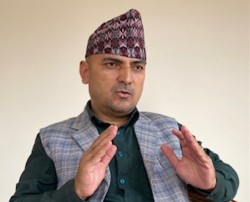Money & Finance

The World Bank's executive directors have approved a $100 million development policy credit (DPC) to aid in improving Nepal’s enabling environment for a green, resilient and inclusive development (GRID) pathway, which is a first in a programmatic series of three DPCs, says a press release.
The aid will “support the government to pursue a greener, more inclusive, and more resilient development path,” Faris Hadad-Zervos, World Bank Country Director for Maldives, Nepal, and Sri Lanka said in the press release statement released on Thursday. “Through this operation, we are supporting the government’s key policy actions across sectors including water, land use, agriculture, forest, urban, waste, and pollution.”
After the 2009 global financial crisis, developing countries saw structural weaknesses like slowing investment, productivity, and employment along with rising debt and destruction of natural capital. And these have only been aggravated due to COVID-19, climate change, inequality and an increase in poverty.
Therefore, the GRID approach asks countries to not look at climate change, biodiversity challenges and more in isolation. Instead, they should pursue poverty eradication and shared prosperity from a sustainability perspective. GRID is a development strategy which communicates that economic growth is closely linked to environmental goals and inclusion.

The three dimensions of GRID are Green, Resilient and Inclusive, which can be achieved through three enablers.
First is investments in human, physical, natural, and social capital, including a transition to cleaner energy, investment in reforestation and more, which will create jobs and promote economic growth.
Second is macroeconomic and structural policies, institutional strengthening, and technology innovation like reforming the tax system, increasing domestic revenues, strengthening fiscal positions etc. that will create an environment to advance a sustainable recovery
Lastly, mobilisation of capital at scale, especially from the private sector, by improving the business environment, introducing policies that create “greener private sector economic activity,” expanding capital markets and more.
And the DPC is the World Bank’s way to support Nepal deliver on the GRID vision, as the Government of Nepal has been working with private sectors and development partners to build the country back better and greener after the pandemic.
Steve Danyo, Sector Leader for Sustainable Development for Maldives, Nepal and Sri Lanka described Nepal’s shift to this approach as “a strategic move during a challenging era that is full of opportunity” in the press release.
“This shift will help the country continue to make progress on expanding and protecting prosperity while reducing poverty in the face of compounding challenges that affect Nepal’s development, including COVID, disaster, climate and environmental risks.”
The DPC is a way to support the country’s shift to a more sustainable, resilient, and inclusive economy, he added.
The operation by World Bank will aid in building and maintaining prosperity in Nepal through sustainable and productive use of natural capital; strengthening the resilience of urban and rural infrastructure, human capital, and livelihoods to climate and environmental risks; and promoting more efficient and cleaner production, consumption, and mobility.
It also supports reforms for strengthening inclusion in development decision-making and access to assets and services; and encourages private sector investment in greening Nepal’s economy and creating jobs and livelihoods related to such areas as community forestry, agriculture, clean air, and solid waste management.






